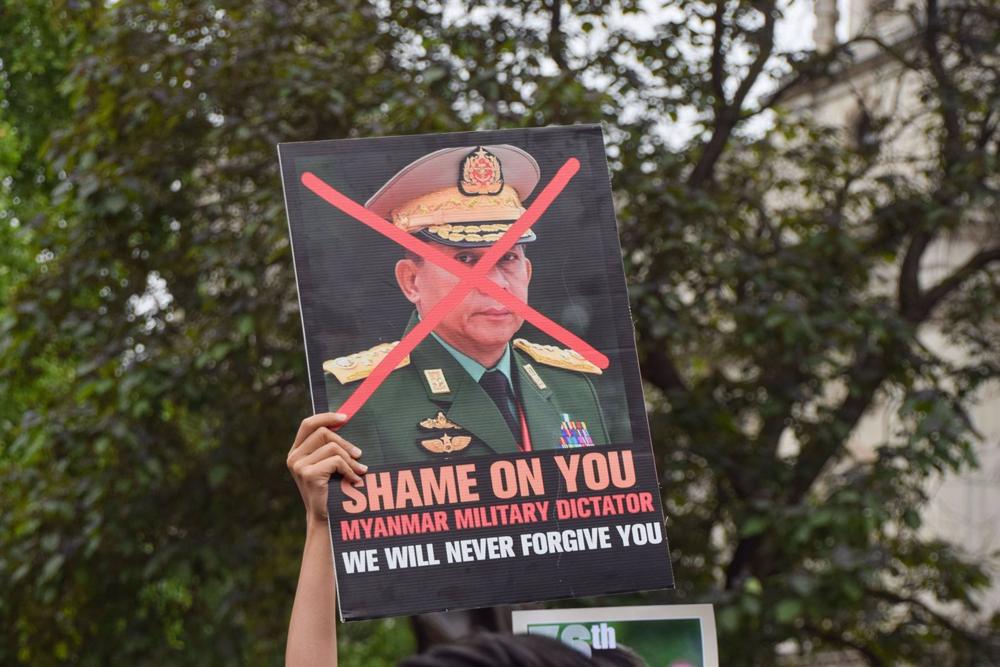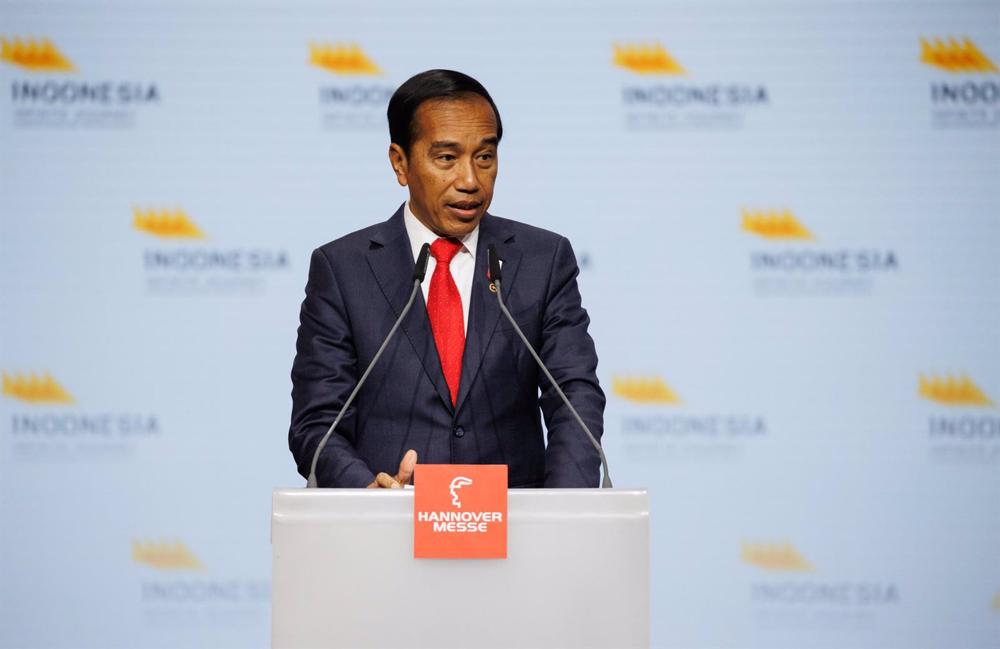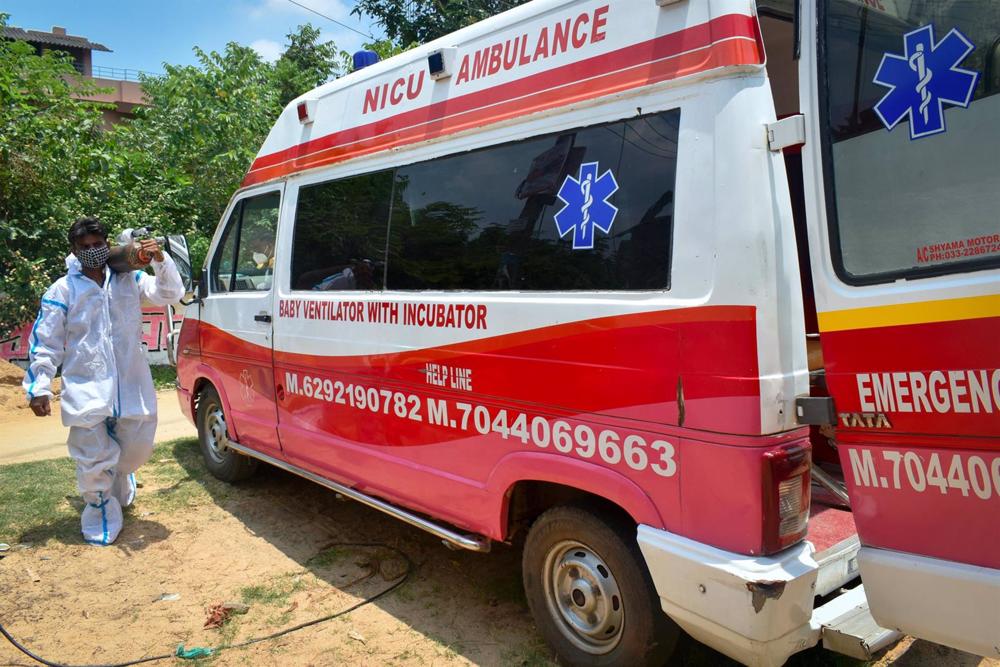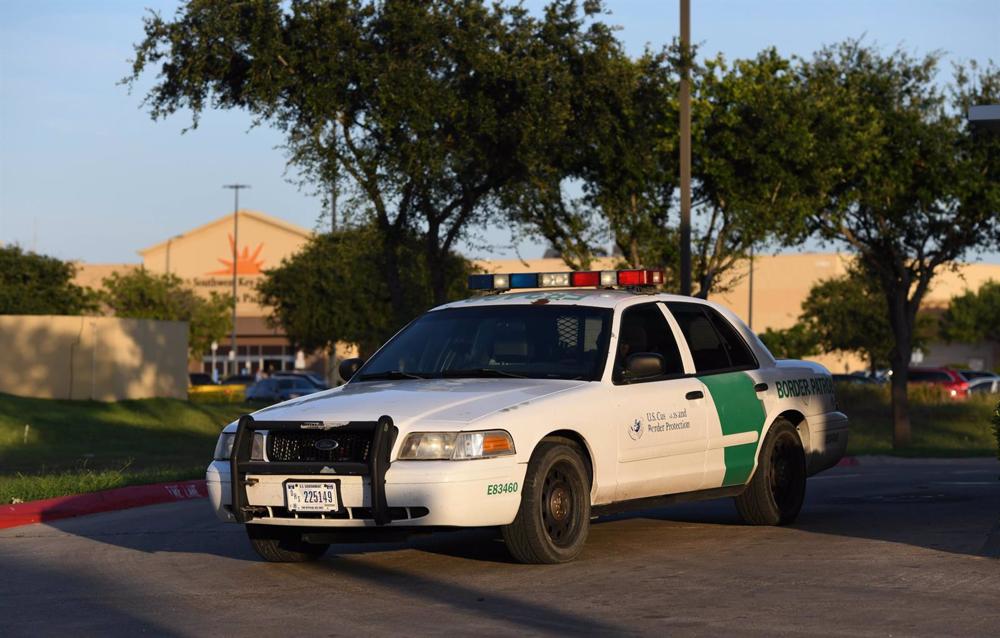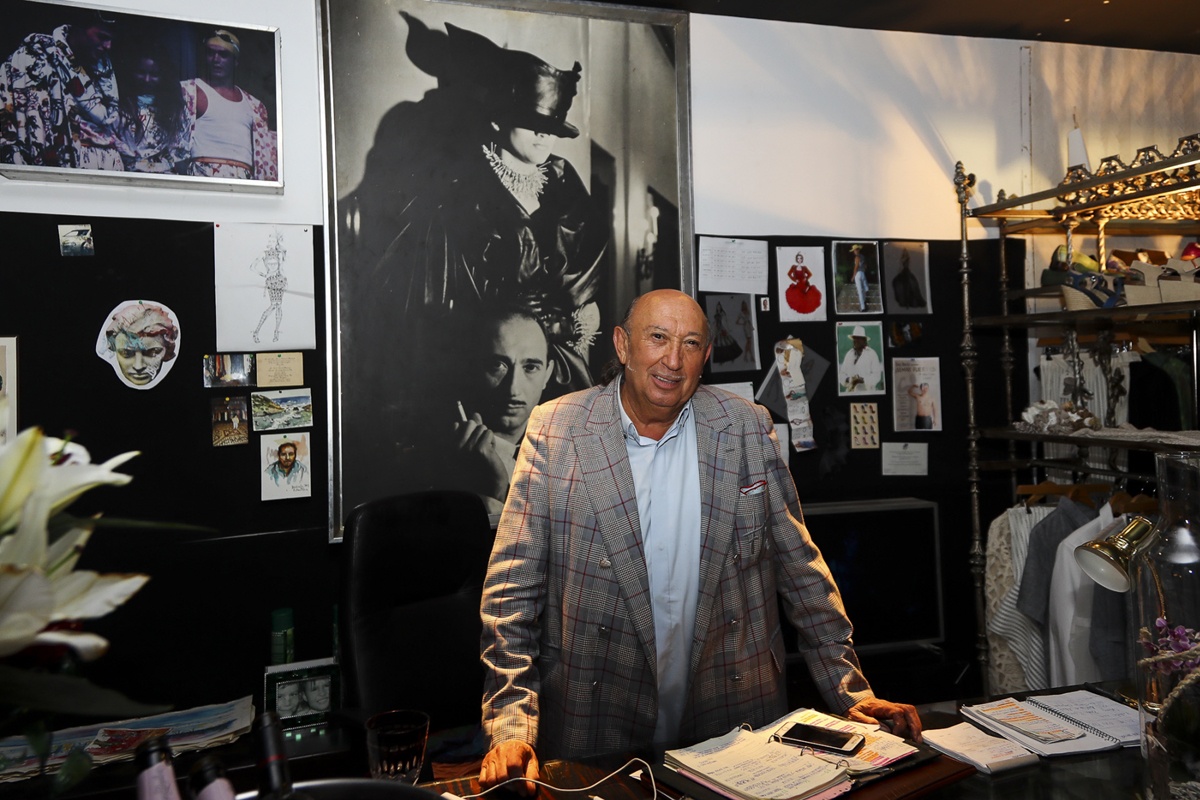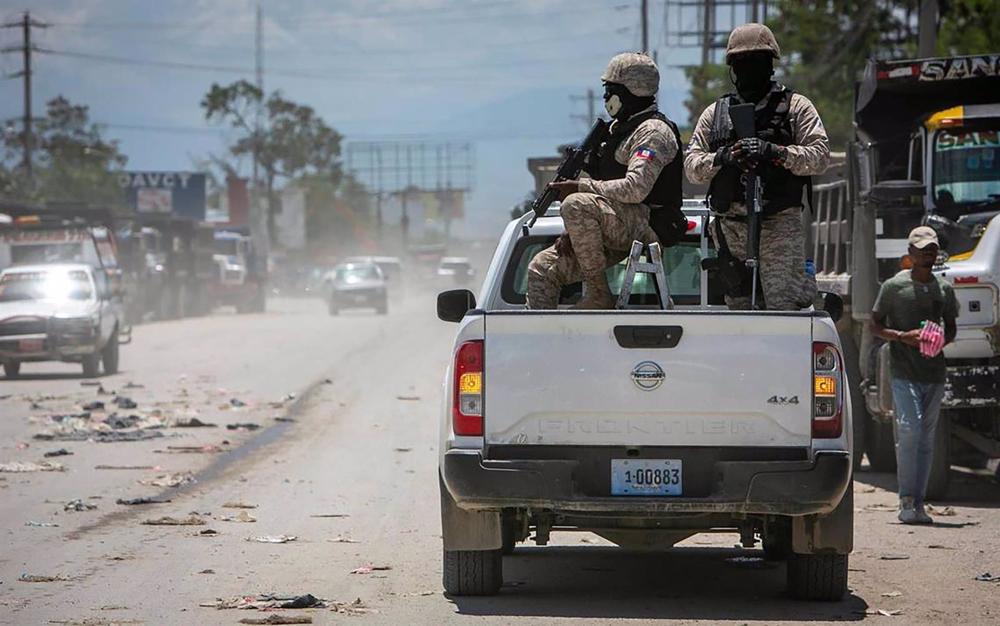
The situation of insecurity and economic crisis in Haiti has been compounded in recent weeks by the prevailing doubts about the Dominican Republic’s response to this emergency, particularly its apparent refusal to take in Haitian migrants despite calls from international organizations to review its response.
At the beginning of November, the United Nations High Commissioner for Human Rights, Volker Turk, called on the Dominican authorities to cease the forced return of Haitians, given the «humanitarian and human rights crisis» in the country.
For the Austrian, Haiti does not currently meet the adequate security conditions for the safe return of migrants given the «incessant armed violence and systematic violations of human rights».
Thus, with this breeding ground in Haitian territory, part of the most disadvantaged population has opted to try their luck in their neighboring country, where, however, they have been met with a response marked by xenophobia and racial or ethnic discrimination.
In fact, the appeal is not only limited to the Dominican Republic, but Truk extended his appeal to the international community as a whole to lend a hand in favor of a country, Haiti, which «is on the brink of the abyss» due to a succession of emergencies ranging from the political to the humanitarian, social and economic.
Santo Domingo was quick to respond to Turk’s words and, after criticizing the position of the United Nations, asserted that it would continue with its migratory policies and the repatriation of Haitian citizens to the western sector of the island of Hispaniola.
Dominican President Luis Abinader has gone so far as to call the statements of the UN representative for Human Rights «unacceptable and irresponsible», especially for his appeal to the international community to find a solution to the situation.
«The migratory policy of each country is the power of each government», remarked the Dominican president, confronting directly with the United Nations and taking advantage of the situation to set himself up as the «most supportive nation among all the countries of the world».
In the midst of international criticism, the U.S. network CNN published a few days ago a report indicating that the Dominican Republic had expelled this year «hundreds of children from Haiti without their families».
This information, based on data provided exclusively by UNICEF, indicated that the United Nations agency for children had received at least 1,800 unaccompanied children that Dominican immigration authorities had handed over to Haiti since the beginning of the year.
Although the Dominican Directorate General of Migration came out to deny this information, insisting that the Haitians deported were not at any time unaccompanied minors, the situation reached the ears of the U.S. Embassy in Santo Domingo.
The U.S. representatives in Dominican territory alerted their fellow citizens of the increased controls and interrogations they could face on their trip to the island simply because of their skin color.
Likewise, Washington denounced the «generalized operations» to deport those persons who, by their mere appearance, could be undocumented migrants, especially Haitians.
«There are reports of detainees being held in overcrowded detention centers, without the ability to challenge their detention and without access to food or restrooms, sometimes for days, before being released or deported to Haiti,» the U.S. Embassy denounced.
Following this, Santo Domingo came out again to deny the accusations and remind Washington of their, to date, «excellent bilateral relationship» and the Dominican Republic’s performance as «one of the most reliable allies».
In fact, the Dominican Presidency issued a statement stressing that, in recent years, it has been one of the most prominent voices in alerting about the conditions in Haiti, especially after the assassination of President Jovenel Moise in July 2021.
But above all the critical voices, Port-au-Prince authorities have been the first to warn that their neighboring country is giving «inhuman and degrading» treatment to Haitian migrants, and they have expressed their «indignation».
Haiti denounced a series of «shocking images» showing the treatment of migrants by Dominican Republic border authorities, and urged its neighboring country to grant «respectful treatment with human dignity» to those crossing to the eastern part of the island of Hispaniola.
Haitian authorities urged the Dominican Republic to respect the repatriation protocols agreed upon at the end of the last century and announced that Haiti’s diplomacy in Santo Domingo would issue a formal complaint about the situation.
NEW CHOLERA OUTBREAK In the midst of the whole migration crisis, one more concern has arisen in Haiti for both the local population and its eastern neighbors: a new outbreak of cholera, a potentially deadly but preventable disease.
Haitian authorities confirmed in early October a new cholera outbreak in the country, after reporting one confirmed case and announcing that several other suspected cases were under investigation.
A few days later, the Ministry of Health of the Dominican Republic also confirmed the first case of the disease in the country. Santo Domingo reported that it was a 32-year-old woman who had traveled a few days earlier from Haiti.
Thus, although tensions between Haiti and the Dominican Republic have been notorious historically, they have worsened in recent years since the assassination of Moise, the increase of insecurity in the streets and an economic and humanitarian crisis, exacerbated by the international situation.
All this has been the breeding ground that the Dominican authorities have taken advantage of to reinforce the military presence on the borders, and even the construction of a wall along the territorial limits with Haiti.
